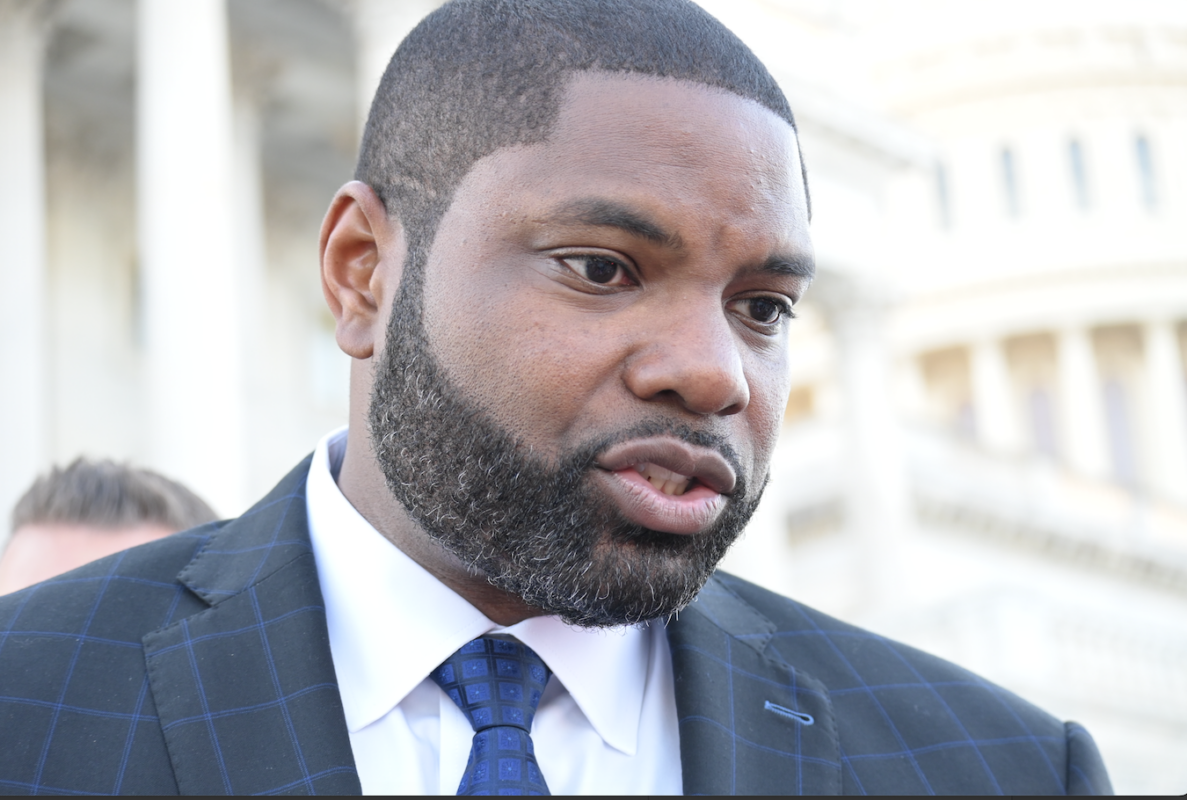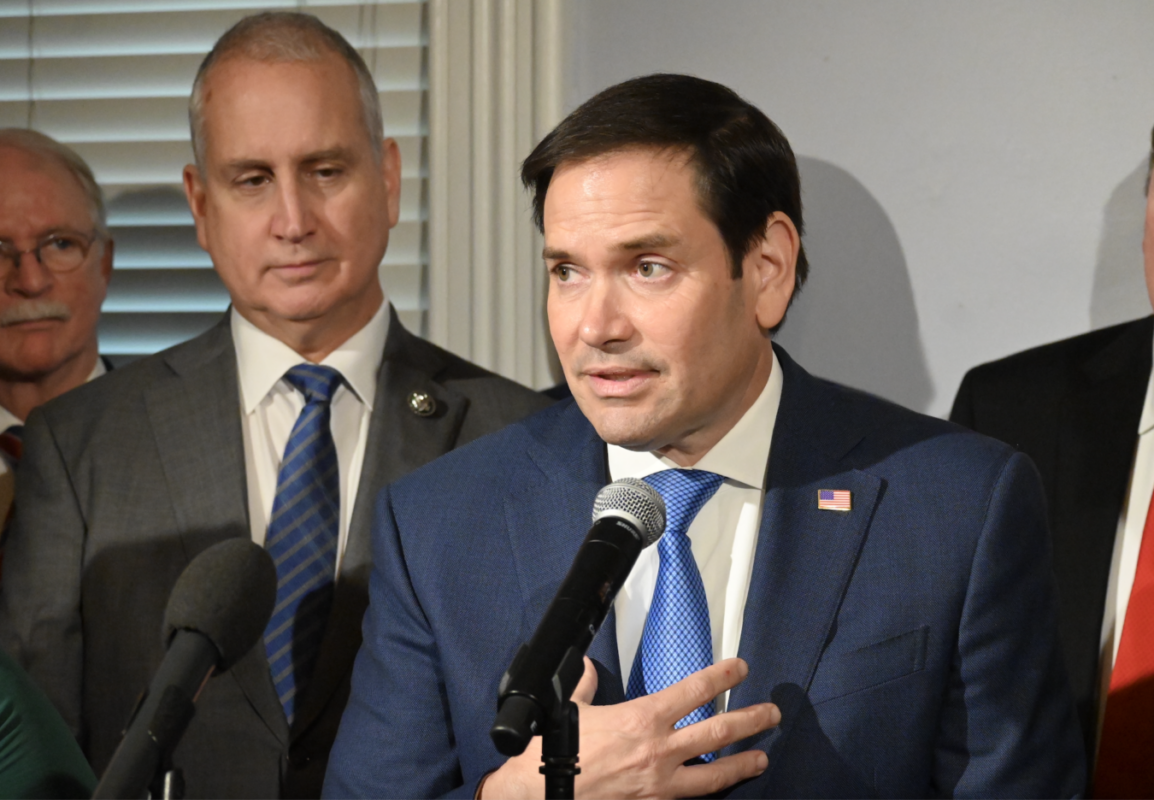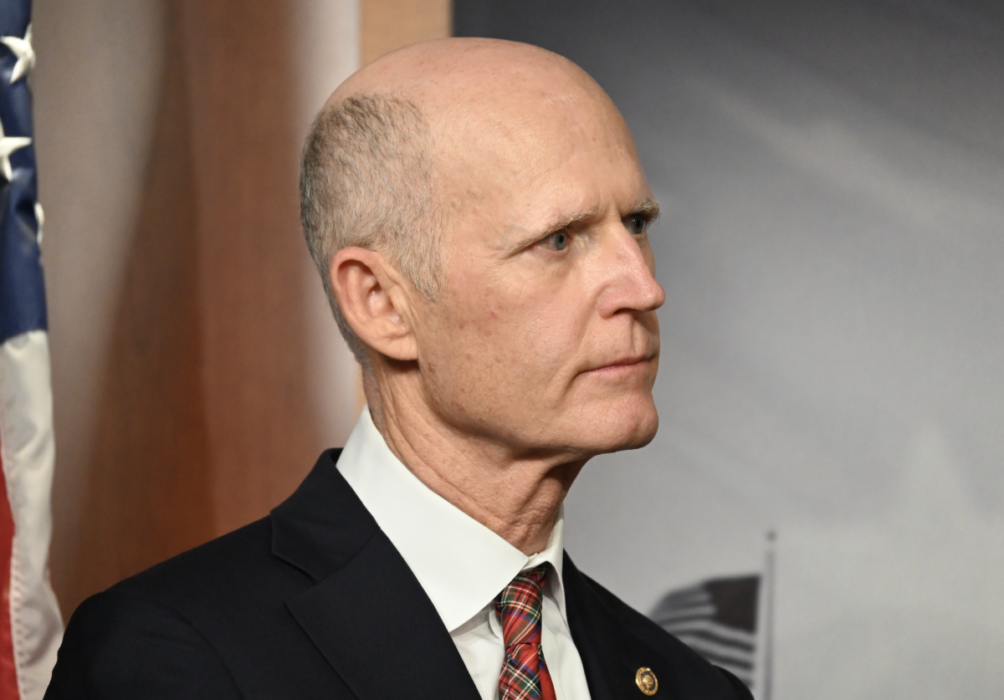A ruling by the third circuit court of appeals in Pennsylvania has shrunk social media companies’ legal protections for content posted on their platforms under section 230(c)(1) of the Communications Act of 1934 (47 U.S.C. 230(c)(1)).
The ruling emerged from a lawsuit filed against TikTok by the mother of a teenage girl who died while attempting a TikTok challenge that was suggested to her by TikTok’s algorithm.
Section 230(c)(1) shields social media companies from liability for any content published by users of their social media platforms. Social media companies had thus relied on Section 230(c)(1) to shield themselves from consequences arising from the user-generated media posted on their platforms.
However, the appeals court has stated social media’s liability exemption does not extend to situations where social media companies engage in their “own expressive activities,” such as crafting algorithms that suggest certain content for users.
Senator Marco Rubio (R-FL) commended the court for their ruling, claiming it was a step in the right direction.
“The Third Circuit Court of Appeals is right: algorithms should not enjoy protections under Section 230,” said Senator Rubio. “For years, Big Tech companies have abused these special protections even as they use murky algorithms and unaccountable teams of moderators to manipulate online discourse to their worldview.”
Rubio’s proposed legislation, the Disincentivizing Internet Service Censorship of Online Users and Restrictions on Speech and Expression (DISCOURSE) Act, would remove section 230(c)(1) protections for social media firms moderating users’ speech.
Section 230(c)(1) has become increasingly controversial over the years as some have complained social media companies’ filtering content on their sites should make them responsible for it.
A 2023 Supreme Court Case, Gonzalez v Google, challenged Section 230(c)(1)’s constitutionally.
The Court dismissed the case on separate legal grounds, leaving the question of Section 230(c)(1)’s constitutionality unanswered.
The high court may be forced to reconsider the issue, however, as the appeals court’s recent ruling could eventually be challenged up to the supreme court.












